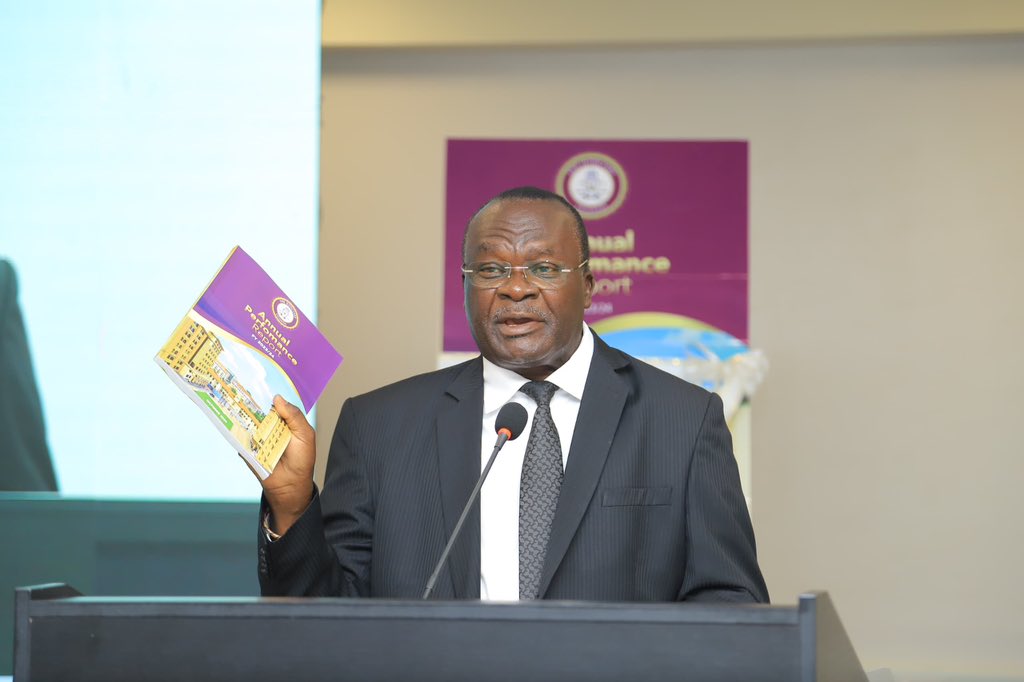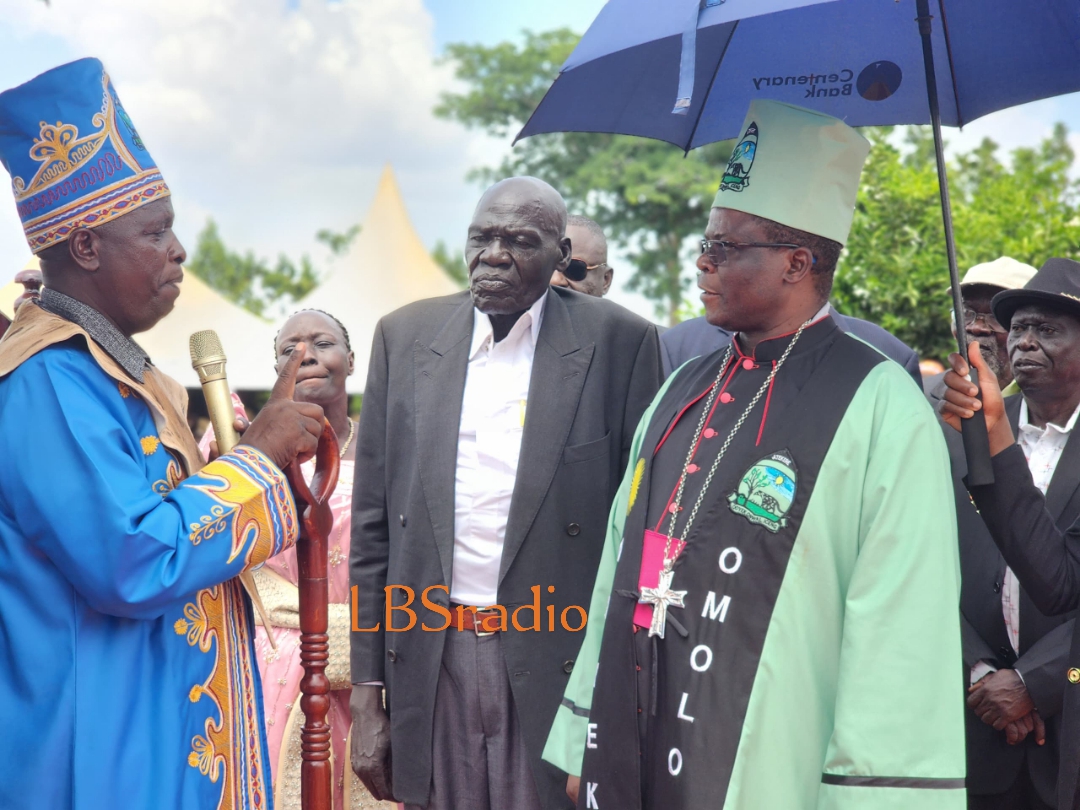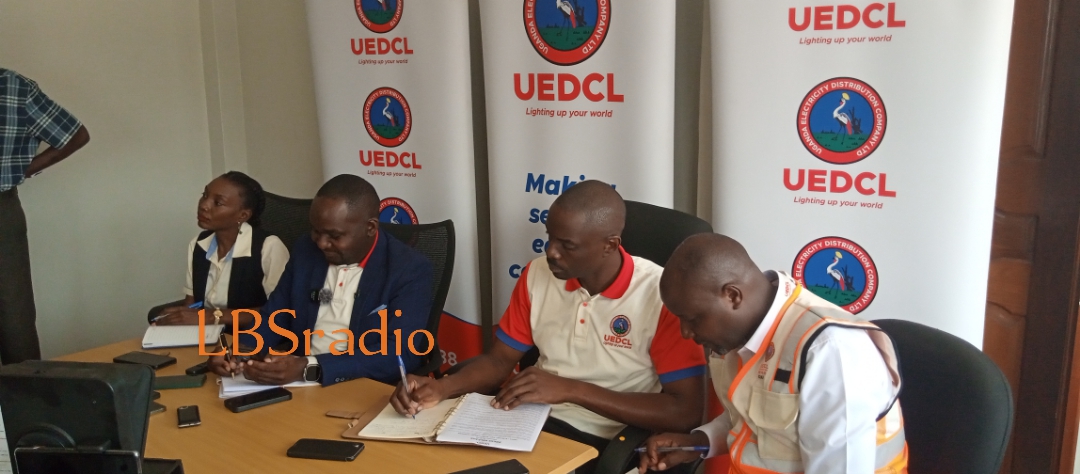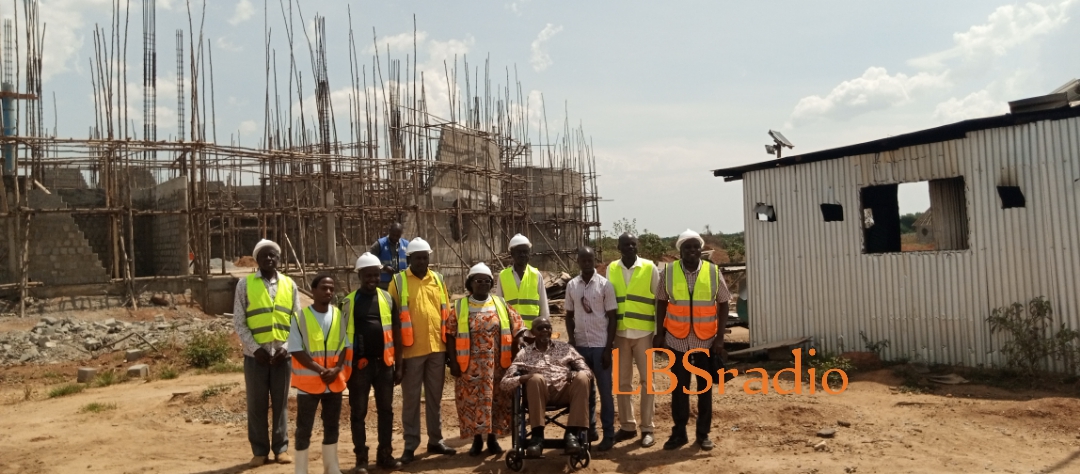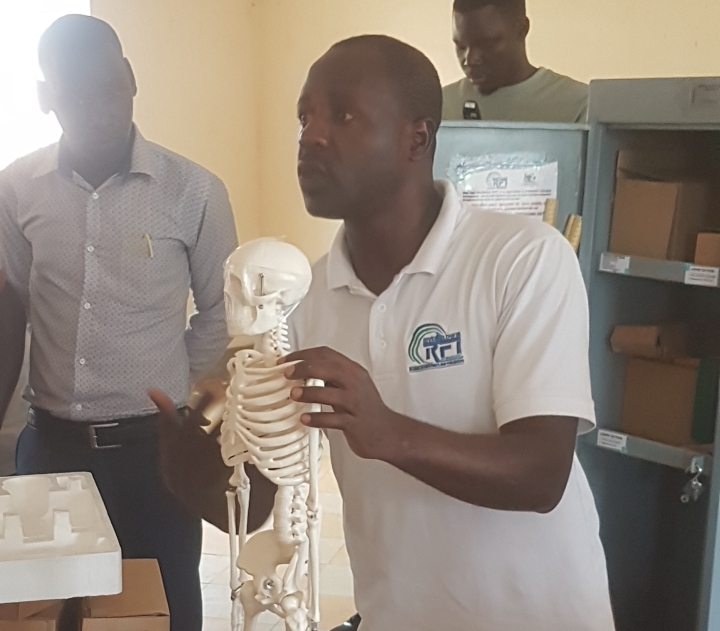Chief Justice Owiny-Dollo expressed concern over the severe understaffing within the Judiciary, noting that only 655 judicial officers serve Uganda’s 45 million citizens.
The Judiciary of Uganda has released its Annual Performance Report for the 2023/2024 financial year, highlighting slight improvements amid ongoing challenges.
Chief Justice Alfonse Owiny-Dollo, while presenting the report at the Supreme Court in Kampala, addressed critical issues including case backlogs, staffing shortages, and the need for enhanced government support.
Chief Justice Owiny-Dollo expressed concern over the severe understaffing within the Judiciary, noting that only 655 judicial officers serve Uganda’s 45 million citizens.
This shortage has contributed to significant delays in case resolutions, perpetuating a backlog that remains a major challenge.
Despite some judges working weekends to manage workloads, the effort is insufficient to meet the growing demands on the judicial system.
The report shows that, as of June 2024, over 161,838 cases remained unresolved, down from 164,000 the previous year—a marginal 0.87% improvement.
While this reduction in the backlog is a positive step, the progress is slow, given the scale of the issue. Chief Justice Dollo urged Ugandans to push for increased staffing and resources for the judiciary, stating, “It is time for citizens to demand a functioning justice system.”
Despite the staffing challenges, the Judiciary disposed of 239,431 cases out of 401,269 registered in the 2023/24 fiscal year, achieving a disposal rate of 59.67%. While an improvement from previous years, this rate still falls short of the ideal.
On the financial front, the Judiciary utilized 96.6% of its budget, absorbing UGX 392 billion for court operations, infrastructure development, and recruitment of judicial officers.
This represents a significant increase from the UGX 198 billion allocated in 2020, indicating a growing commitment from the government. However, gaps in funding and resources persist.
Chief Justice Owiny-Dollo also emphasized the interconnectedness of Uganda’s justice system, pointing out that staffing shortages within institutions like the police and the Office of the Director of Public Prosecutions (DPP) further hinder judicial efficiency.
He called for better coordination and resource-sharing among these bodies to relieve the burden on the courts.
The report highlighted efforts to promote alternative dispute resolution mechanisms, such as plea bargaining, mediation, and video conferencing, to help reduce the backlog.
Plea bargaining has particularly expedited the resolution of criminal cases, especially in the aftermath of the COVID-19 pandemic, which disrupted the court system.
Chief Justice Owiny-Dollo encouraged Ugandans to embrace these alternative systems, suggesting they could alleviate pressure on the courts.
“We need to go back to traditional methods of mediation, where communities resolved disputes locally,” he said.
While the Judiciary’s 2023/24 report shows some progress in handling Uganda’s caseload, the persistent case backlog, understaffing, and resource constraints continue to impede justice delivery.
Chief Justice Owiny-Dollo’s call for public advocacy and reforms underscores the need for collective action to improve Uganda’s judicial system.








